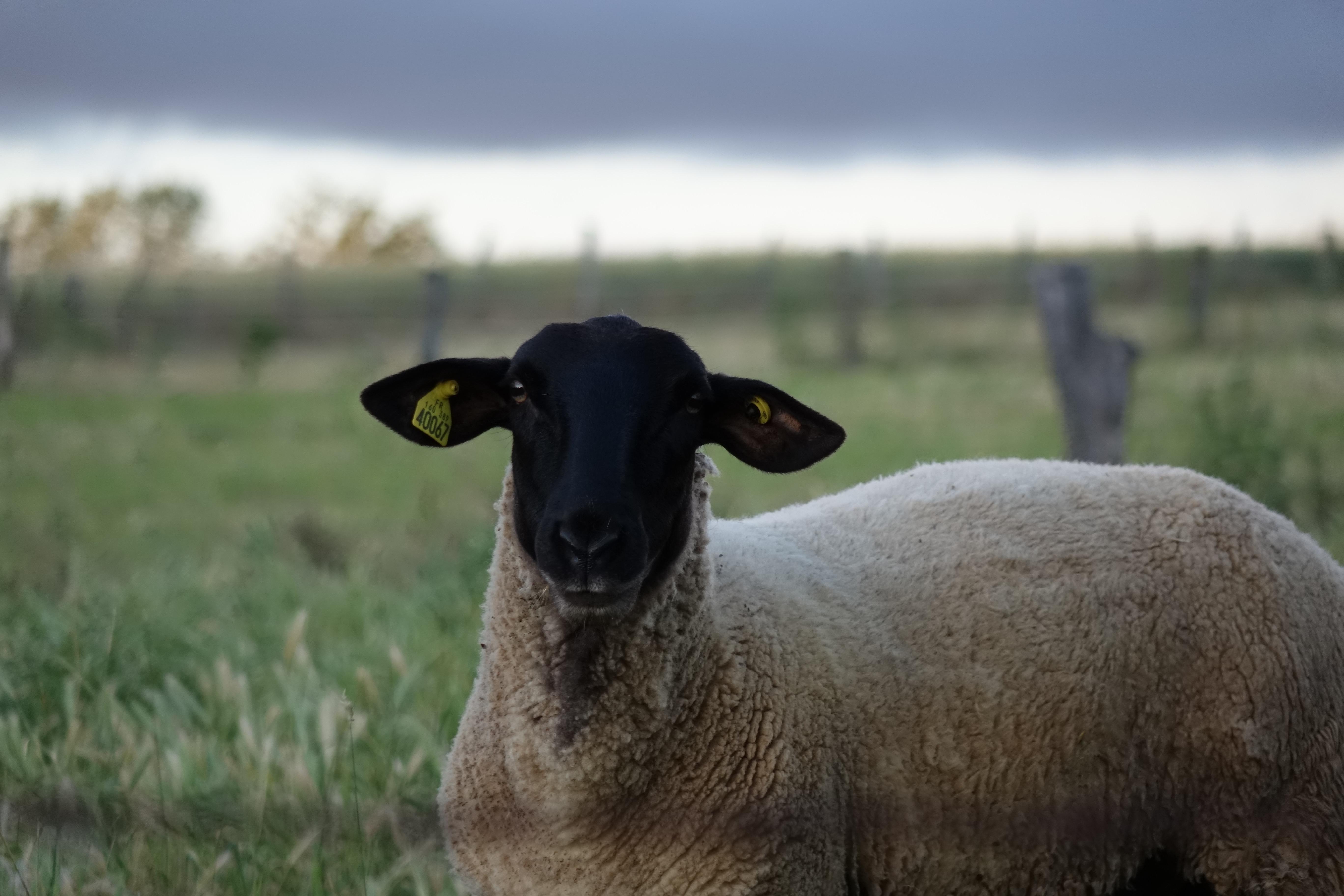This month, Muslims around the world celebrated the feast of Eid Al Adha based on the story of Abraham's sacrifice that's part of both the Quran, the Torah and the Old Testament.
Eid Al Adha is an official public holiday in the country of Tunisia, and the idea of sacrifice plays a role.
“It's observed everywhere in the Muslim world,” Imam Ammar Amonette of the Islamic Center of Virginia told Maghreb News Wire on Sept. 13.
Amonette mentioned a prayer that takes place in the morning after sunrise, and explained the common practice of sacrificing a sheep, cow or some other animal and distributing the meat among neighbors, as well as the poor and needy.
After praying, Amonette said, there is a chant called "takbir." “It’s a magnification of God -- it's kind of like a song or chant,” he said.
With this celebration in full swing, Eid Al Adha can have an impact on Tunisian business. As it’s a public holiday, many government offices and other departments will be closed.
Testimony on TripAdvisor shows how some private sector workers will have the day off, and others will try to get reduced hours for the holiday. Some shops close, and restaurants and supermarkets may cut their hours.
Another interesting custom is the appearance of sacrificial animals days before the event.
“Last year we went before the Eid al-Adha, we saw sheep sellers everywhere in the cities and along the motorway,” posted ClausLiisbergKamp from Roskilde, Denmark.
“In the 2-3 days before Aid (sic), it can be interesting to walk through the streets and look up - sometimes you will see sheep standing on the balconies of higher floors,” posted Afjab. “You also might be able to take some interesting pictures, like people transporting living sheep on their shoulders or on a motorbike.”
In general, Eid Al Adha and other holidays are part of the prevailing culture in the many areas of the world with significant Muslim populations. Although greater numbers of public holidays can impact business, many different world cultures hold them as important aspects of public life, and preserve time-honored traditions, sometimes attracting tourism as a result.
 Maghreb Newswire
Maghreb Newswire






 Alerts Sign-up
Alerts Sign-up